Researchers have designed a particle accelerator with nanotubes smaller than a human hair.
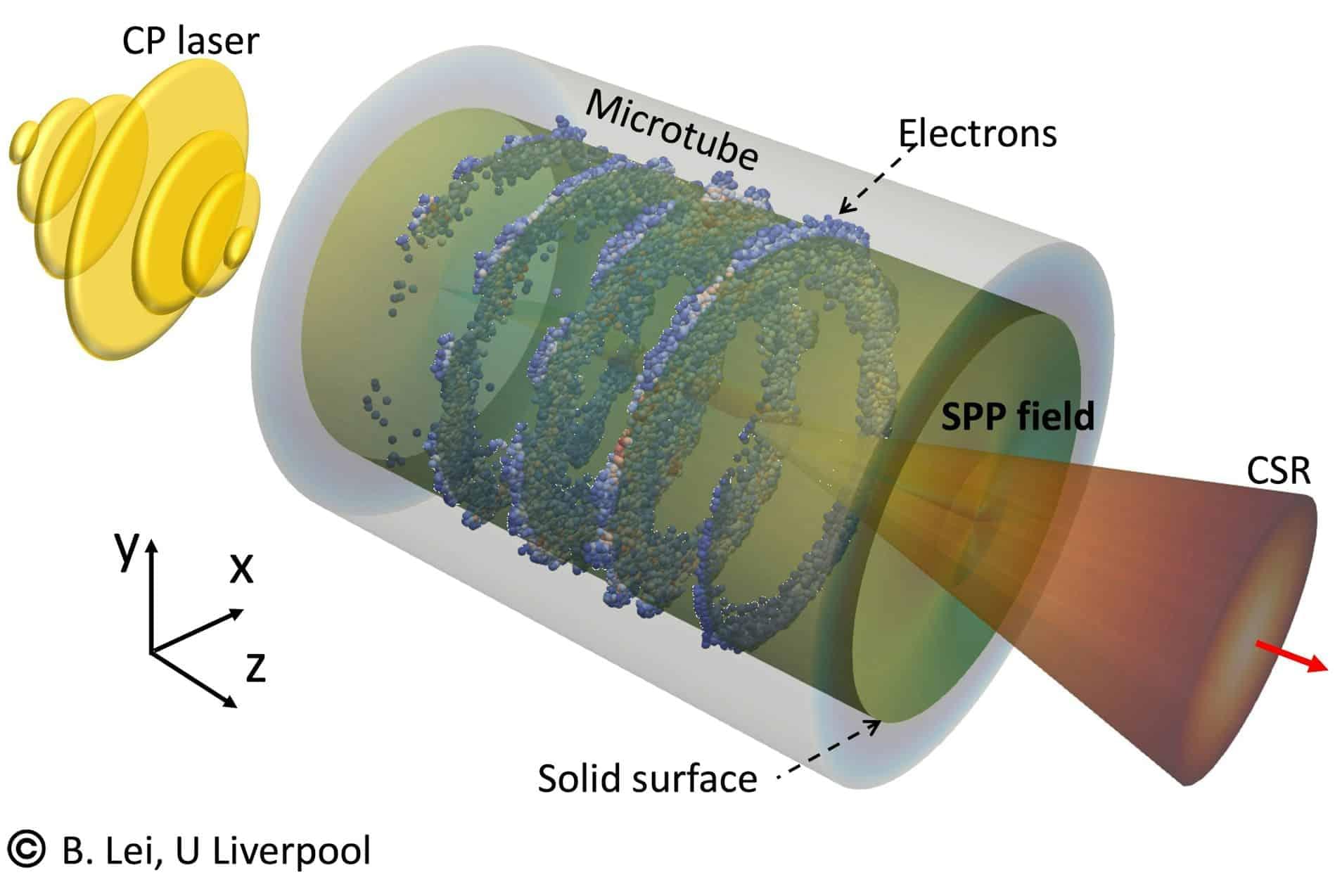

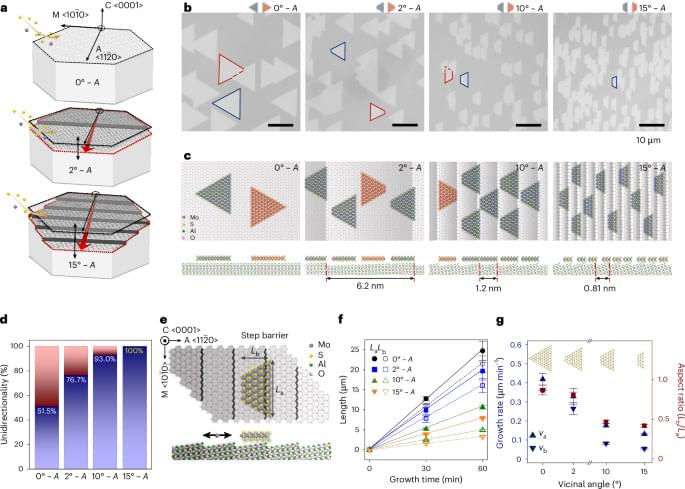

Acoustic frequency filters, which convert electrical signals into miniaturized sound waves, separate the different frequency bands for mobile communications, Wi-Fi, and GPS in smartphones. Physicists at RPTU have now shown that such miniaturized sound waves can couple strongly with spin waves in yttrium iron garnet. This results in novel hybrid spin-sound waves in the gigahertz frequency range.
The use of such nanoscale hybrid spin-sound waves provides a pathway for agile frequency filters for the upcoming 6G mobile communications generation. The fundamental study by the RPTU researchers has been published in the journal Nature Communications.
Surface acoustic waves (SAWs) are ubiquitous. They unleash destructive power in the form of earthquake waves but are also at the heart of miniaturized frequency filters that are used billions of times for GHz-frequency mobile communication in smartphones.

Before the Internet became widely known as a global tool for terrorists, one perceptive U.S. citizen recognized its ominous potential. Armed with clear evidence of computer espionage, he began a highly personal quest to expose a hidden network of spies that threatened national security. But would the authorities back him up? Cliff Stoll’s dramatic firsthand account is “a computer-age detective story, instantly fascinating [and] astonishingly gripping” (Smithsonian).
Cliff Stoll was an astronomer turned systems manager at Lawrence Berkeley Lab when a 75-cent accounting error alerted him to the presence of an unauthorized user on his system. The hacker’s code name was “Hunter” — a mysterious invader who managed to break into U.S. computer systems and steal sensitive military and security information. Stoll began a one-man hunt of his spying on the spy. It was a dangerous game of deception, broken codes, satellites, and missile bases — a one-man sting operation that finally gained the attention of the CIA…and ultimately trapped an international spy ring fueled by cash, cocaine, and the KGB.

A pioneering interdisciplinary study has shown that how young children play a simple iPad game could support early identification of autism.
Led by researchers at the University of Strathclyde, the study, “Motor organization of social play in children with autism,” published in Journal of the Royal Society Interface, is believed to be the first in the world to combine methods from satellite communications with child psychology to analyze patterns in children’s play.
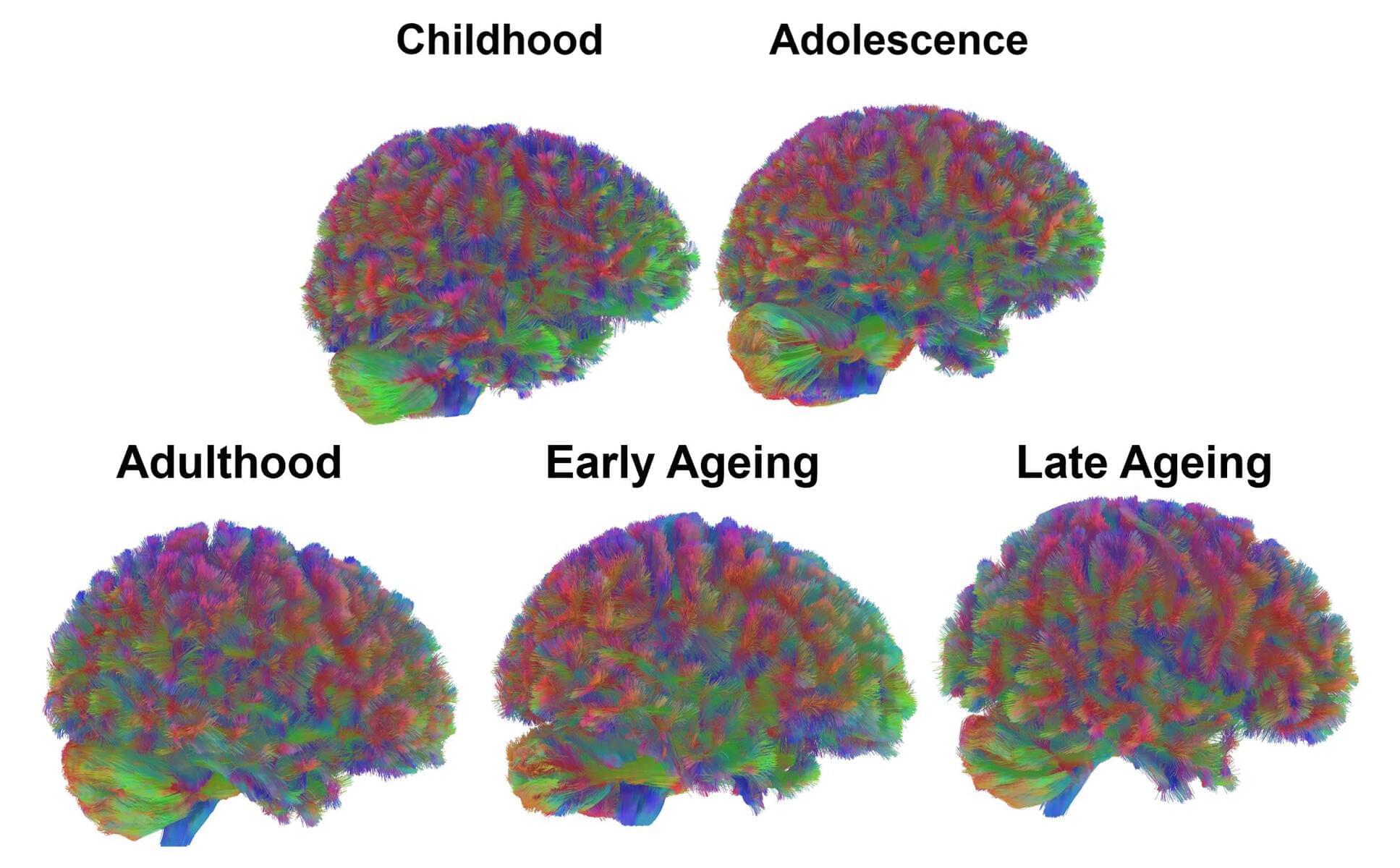
• Context and Explanation — Elon Musk was once asked a wild question: could Tesla ever build an aquatic car?
He admitted that a submarine car” is technically possible — but the market for such vehicle would be tiny. The idea might excite enthusiasts, but practicality and scale matter more than novelty.
This response captures Musk’s core philosophy: just because something is technically possible doesn’t mean it’s worth building. True innovation isn’t about chasing every wild idea — it’s about focusing on what can scale, solve real problems, and reshape entire industries.
• template — elon musk interview.
• Hashtags — #wealthmindset #billionaire #successmindset #millionairevibes #motivation #shortsfeed

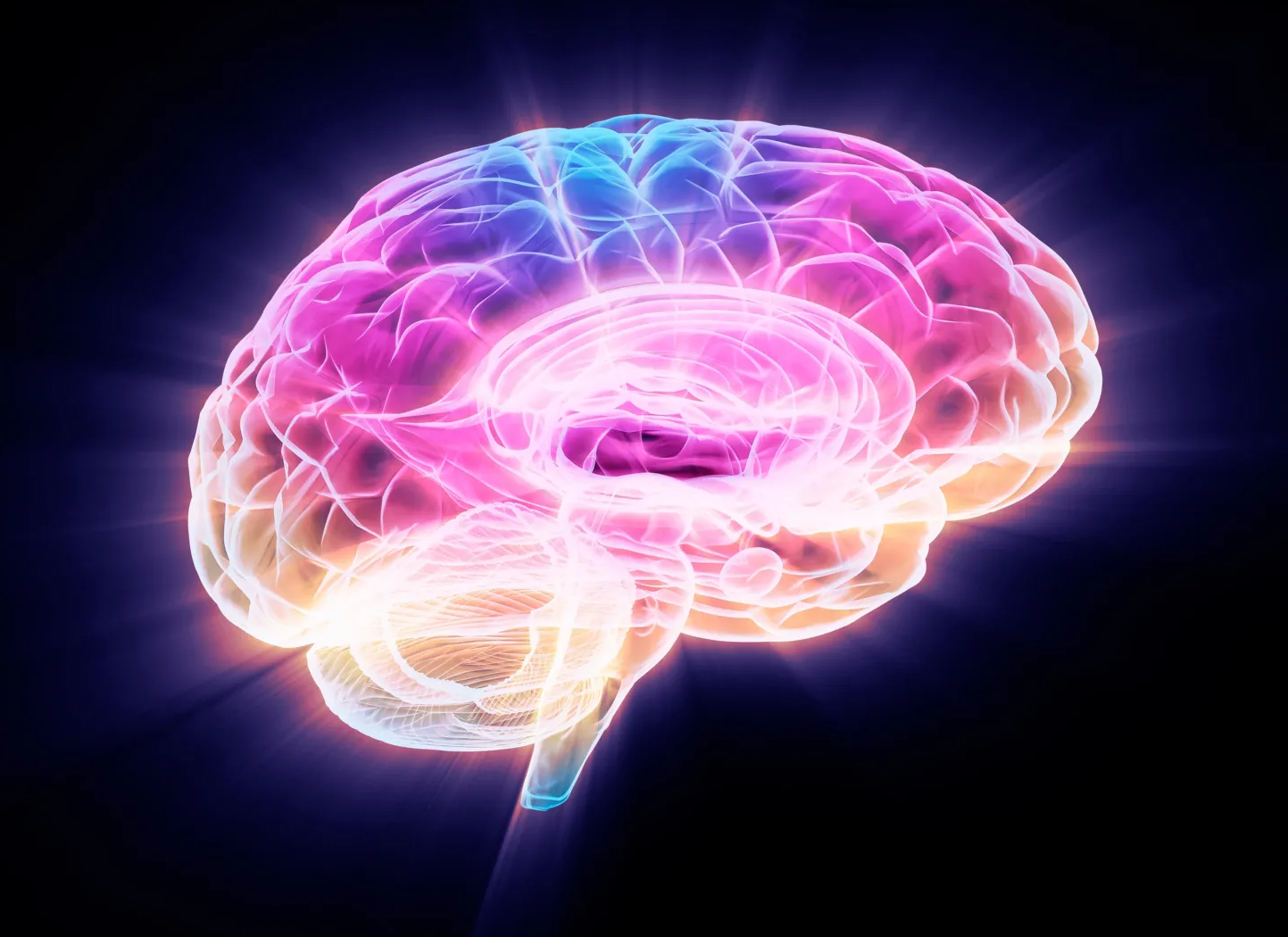
Spermine, a small but powerful molecule in the body, helps neutralize harmful protein accumulations linked to Alzheimer’s and Parkinson’s. It encourages these misfolded proteins to gather into manageable clumps that cells can more efficiently dispose of through autophagy. Experiments in nematodes show that spermine also enhances longevity and cellular energy production. These insights open the door to targeted therapies powered by polyamines and advanced AI-driven molecular design.
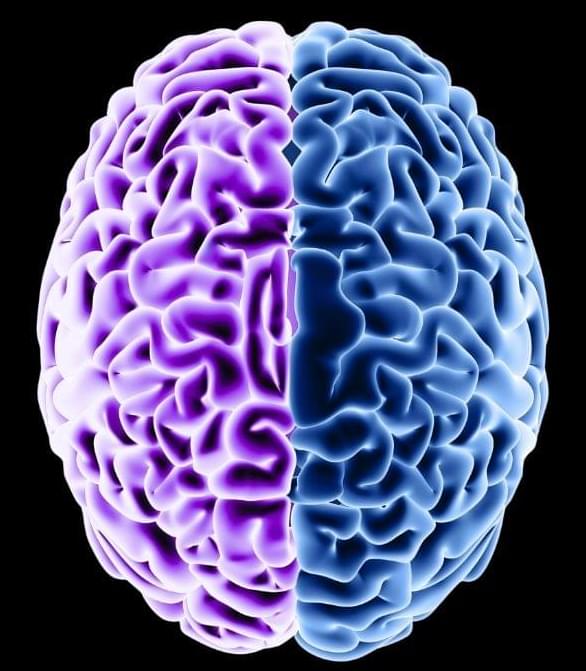
As we get older, our brains start to change in ways that make them increasingly vulnerable to disease – and a detailed new study of these changes points to a way some of this wear and tear might be prevented or reversed.
Researchers from the Leibniz Institute on Aging – Fritz Lipmann Institute in Germany used mass spectrometry to analyze the balance of brain proteins in both young and old mice, finding differences in a process called ubiquitylation as the animals aged.
Ubiquitylation adds chemical tags to proteins, telling the brain which of these busy molecules are past their peak and should be recycled. In older mouse brains, the ubiquitylation tags really start to pile up on certain proteins.